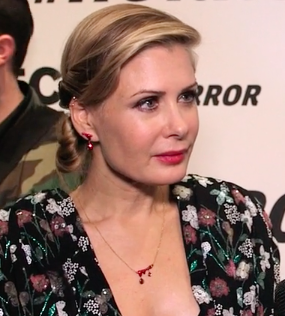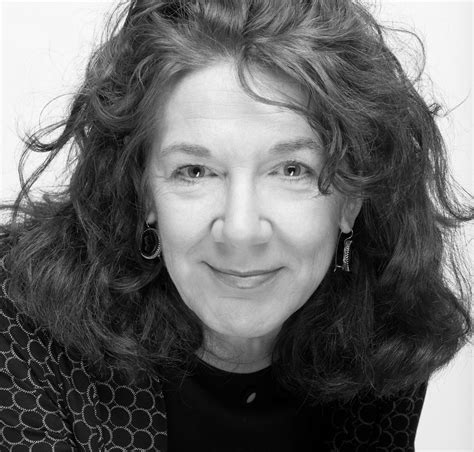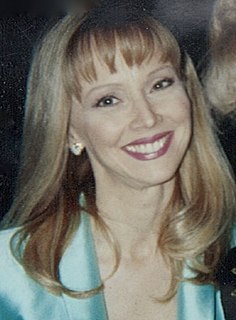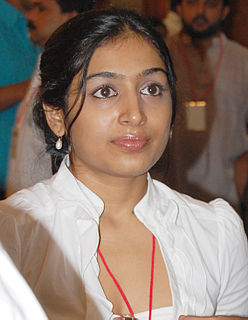A Quote by Diane Wakoski
My poems are almost all written as Diane. I don't have any problems with that, and if other women choose to identify with this, I think that's terrific.
Related Quotes
One of our jobs is to keep women working, which we do by keeping women coming to the movies. And doing that means making good, smart, often funny movies that women can identify with-with terrific dialogue we all remember and cherish, and stories that illuminate our lives and decisions and turning points.
I just think that the world of workshops - I've written a poem that is a parody of workshop talk, I've written a poem that is a kind of parody of a garrulous poet at a poetry reading who spends an inordinate amount of time explaining the poem before reading it, I've written a number of satirical poems about other poets.
I think it's really important that women support each other. I've heard of a very successful female director saying she doesn't identify as being a feminist or a woman in Hollywood. And I understand that, but I feel so differently. It's so important to identify as a woman and have a voice, to understand that it's different from a male voice, and to understand the nuances that go into that. I love women. I think I'm a girl's girl. It's super important that we have a voice in the industry.
When I worked on a magazine, I learned that there are many, many writers writing that can't write at all; and they keep on writing all the cliches and bromides and 1890 plots, and poems about Spring and poems about Love, and poems they think are modern because they are done in slang or staccato style, or written with all the 'i's' small.
When I first encountered the poems of Jon Woodward, I was stunned into the state that is my life's joy-I was in the presence of the inimitable. Uncanny Valley extends that experience-almost into another dimension. These apocalyptic, pixilated poems forge a mythology of our ravaged culture, one that might have been written in the future. If you want poetry to give you a persimmon on a plate, look elsewhere; if you want to know what happens when seven trees fall on the highway and the story is told by a stutterer, this is the book, and it could only have been written by Woodward.
I identify with other women because of my gender, and I identify with other women if they are mothers because I'm a mother, too. It's very simple. It's nothing complicated, it's not rocket science. It's about empathy. It's about understanding that what happens with one person is potentially what happens to you, and seeing yourself in someone else's shoes. Fundamentally, we are all in the same place: we're born, we live, and we're going to die. In between, we'll have joy and we'll have sadness.







































